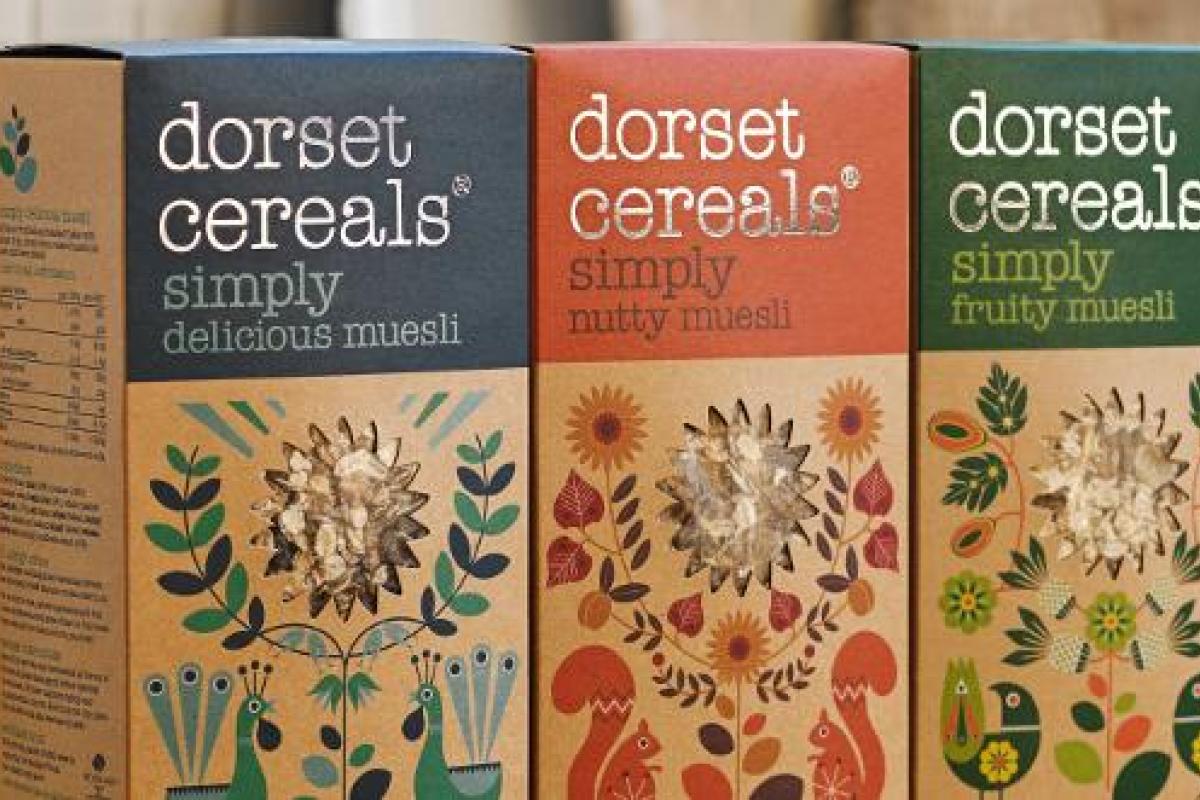Packaging is the always-on media channel of supermarket brands, a powerful signal of a brand’s honest intentions. But that message can be subverted, or can simply go a bit awry. Strong brands caught in errors or misdemeanours need not worry. They will always be forgiven.
Dorset Cereals is a successful premium-priced brand with a distinctive proposition backed up by great products. Honey Granola is my favourite.
They’ve just made a subtle pack design tweak. Look closely at the one on the right (below) to see that it coincides with the pack weight reducing from 550g to 500g, coupled with a small unit price increase of about 1%. Reassured by the “same great taste”, we’re not supposed to notice the real price increase is actually 10%. This was widely predicted as a Brexit effect so it’s not surprising.
It is option 1 of the four possible brand responses to cost inflation outlined here. I can’t blame them for not drawing attention to a 10% price rise.
I’m still buying.

Meanwhile Dove has gone for a radical approach to pack changes with its limited edition body shapes range. The brand has won plaudits for championing the idea that beauty can take many forms beyond the young and slim. Being in the beauty business, however, this is less radical than it first seems. It’s not that women should not be judged by their looks, or need not spend time, money and emotional energy on their appearance. In fact, they’re widening the Dove franchise by telling us they can help us all to be more beautiful. This latest attempt to express the philosophy that beauty comes in many shapes only reinforces that obsession with body image. Responses range from disappointment with Dove to incredulity and outrage. (A few have brutally taken the mickey). When even the Daily Mail jumps to defend a perceived attack on women’s self-esteem, you know you’ve gone badly wrong. But we should not be surprised. What skincare brand is going to say beauty is more than skin deep?
Strong brands give a business resilience, even when they have to do difficult things like push prices up a lot. Sometimes, like Dove, they get a bit carried away with their own idea. I’m sure it won’t hurt them medium term. Having a strong brand, with an implicit track record of sustained good performance, aids business recovery. Even downright dangerous deception can be quickly forgotten, as the Volkswagen debacle shows. Some people said VW would go bust after the emissions scandal but their sales are almost back to pre-scandal levels. Partly this is about cognitive dissonance – I thought Volkswagen was good, so I dismiss the one bad thing as out of character, and soon revert to my previous opinion of them. A brand is, in effect, a powerful place-holder in the consumer’s mind, and it takes a lot of work to change it.
This article was written by Fiona McAnena. Read more from her here.



